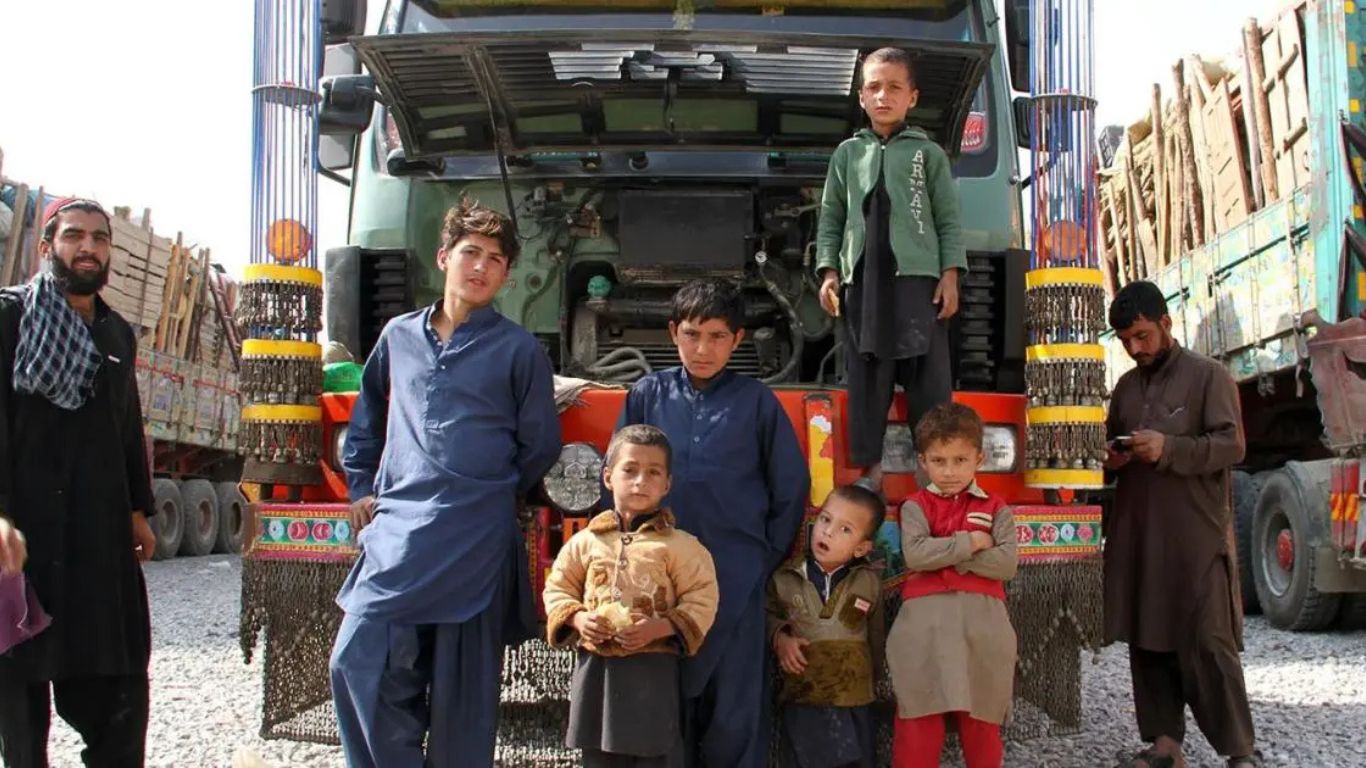Following a terror attack in Kashmir, India ordered foreign nationals, especially Pakistanis without valid visas, to leave. However, 761 Pakistani detainees in Indian jails are exempt from deportation. A lack of detention centers complicates their post-sentence management. Mumbai Police intensified security, targeting illegal foreign residents and launching citywide crackdowns.
Mrudula Narale
Pune, April 29, 2025: In the wake of a recent terror attack in Kashmir, India’s Union Home Department has made urgent orders for Pakistani citizens and other foreign visa holders to depart from the country. Pakistani nationals without proper visas were asked to leave within 48 hours, while others were asked to leave by
May 1. Pakistani nationals who are already in Indian prisons, however, are exempt from these deportation orders. As many as 761 Pakistani detainees are in Indian jails, including 13 in Maharashtra, three of whom are undertrials and two convicts. The majority are charged with espionage, terrorism, or fishing violations, and some are charged with drug trafficking.
The accused, including eight Pakistanis, were awarded 20 years in prison in January 2024, nine years after their arrest. These prisoners remain behind bars in Maharashtra prisons. In another instance, on April 11, 2024, authorities arrested a Pakistani citizen near a major Mumbai railway station. Being unable to provide a valid document or a visa, he was convicted to six months of imprisonment. Upon serving his time on October 11, 2024, he could not be deported as there is no Foreign Judicial Centre available in Mumbai. As a result, he is still at a local police station, where officers cater to his daily needs, such as food, emphasizing logistical difficulties in managing foreign detainees.
The absence of a detention center for foreign nationals in Mumbai presents substantial obstacles. Upon completion of their prison terms, foreign prisoners, including Pakistanis, cannot be rearrested or deported without such an institution, which creates safety and administrative issues for law enforcement. This lacuna highlights the imperative to develop infrastructure to deal with foreign detainees more effectively.
As a response to the Kashmir attack, Mumbai Police launched a grand “All Out Operation” to curb crime and strengthen the security. Conducted during the night, the operation included 111 checkpoints, vehicle checks, and raids on illegal places such as drug houses and gambling dens. More than 7,235 vehicles were checked, for which 1,836 motorists were fined and 63 were arrested for driving under the influence. Police arrested 10 wanted persons, took preventive measures against 40 others, and detained 64 suspicious individuals. The operation focused on 192 sensitive points, with top officials coordinating efforts to keep order.
The Crime Branch also stepped up its activity, targeting illegal residents from Pakistan, Bangladesh, and other nations. Officers were ordered to check foreign nationals who are residing in hotels and lodges, collecting information to monitor prospective threats. This increased vigilance is part of Mumbai Police’s plan to anticipate crime, sabotage, and fleeing criminals, particularly prior to major events, elections, or festivals.
India’s security establishment continues to be in high alert mode as it juggles deporting foreign nationals, containing jailed detainees, and preserving public order. The lack of detention centers and the continuing crackdown are a test of balancing security with logistical imperatives in the high-stakes region.
Read : https://newsdotz.com/pimpri-chinchwad-set-to-pioneer-maharashtras-electric-transit-revolution/
Follow : https://www.instagram.com/newsdotz?igsh=MXRleTNiZnV5eThuYg%3D%3D&utm_source=qr



